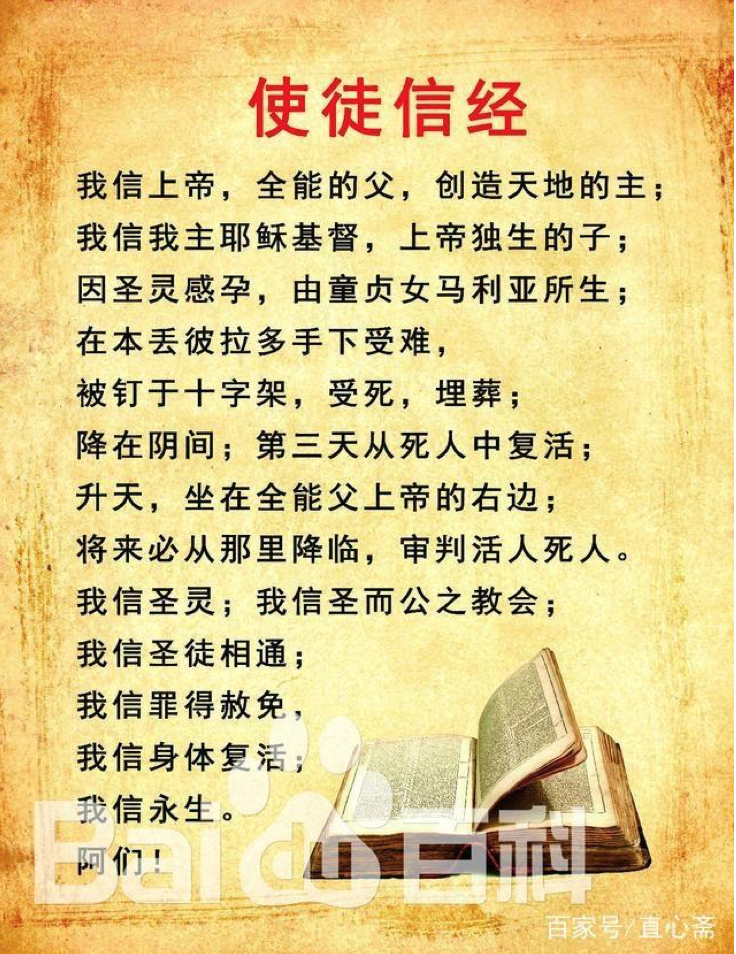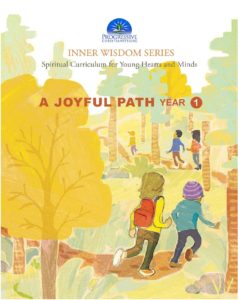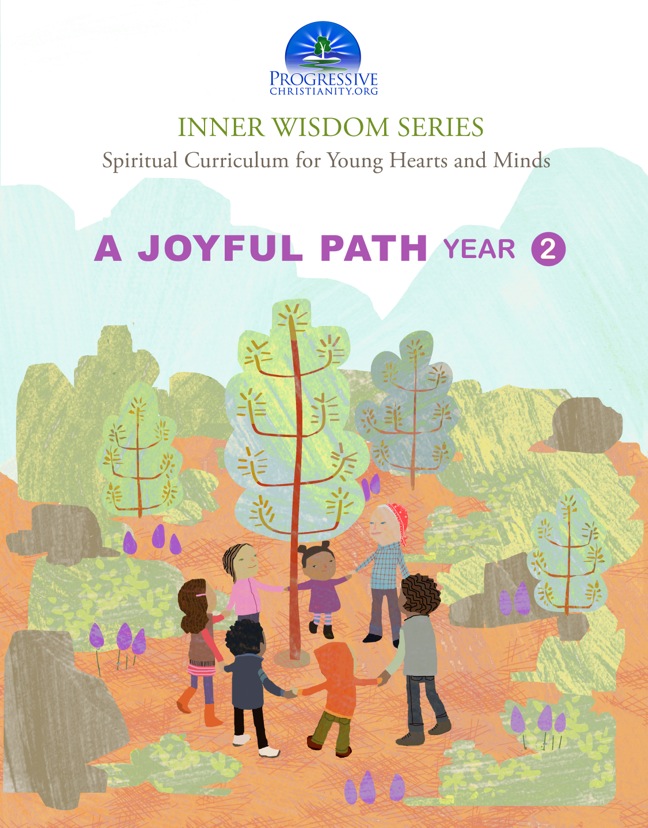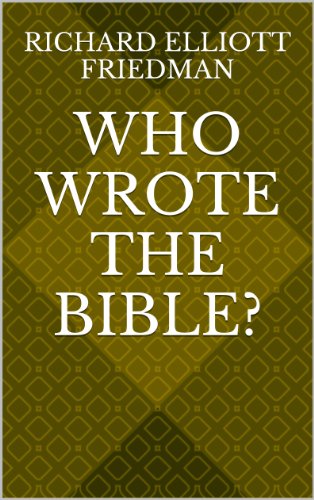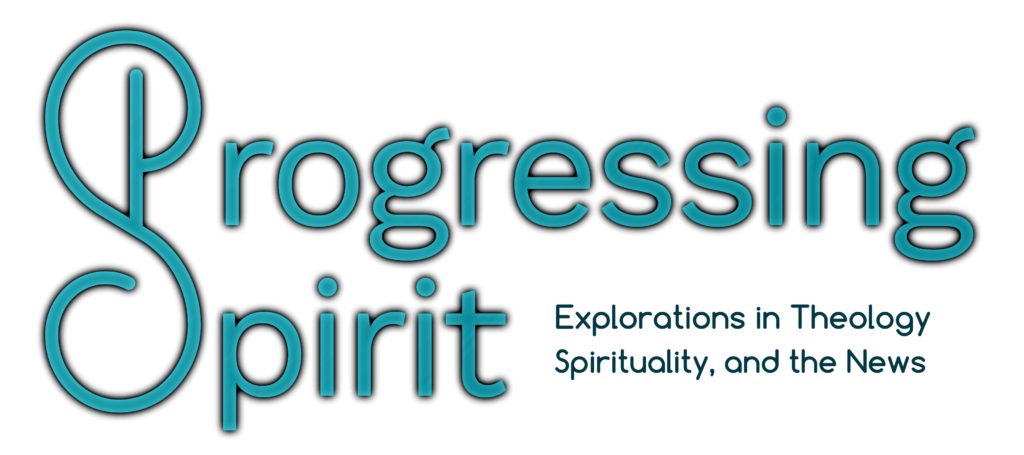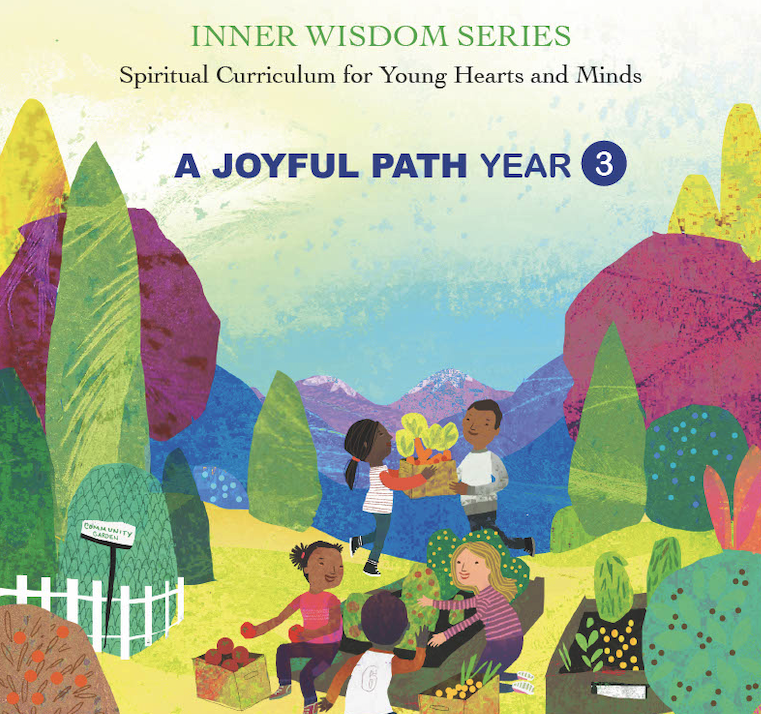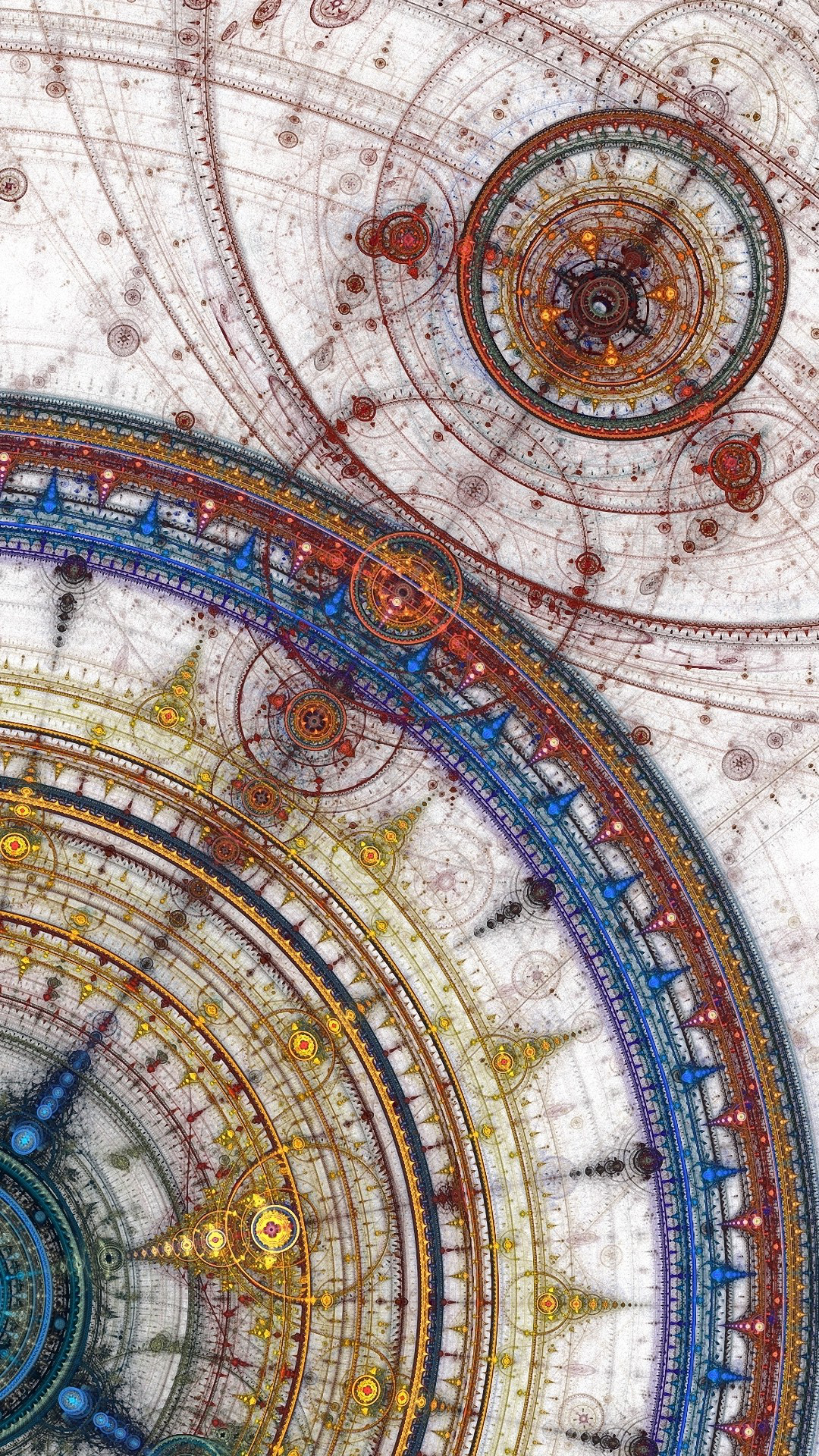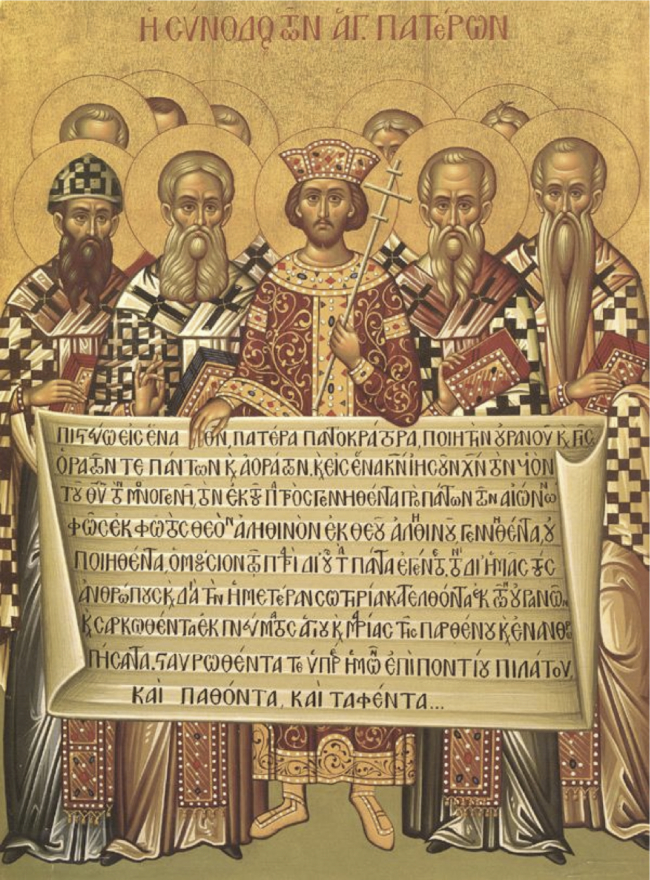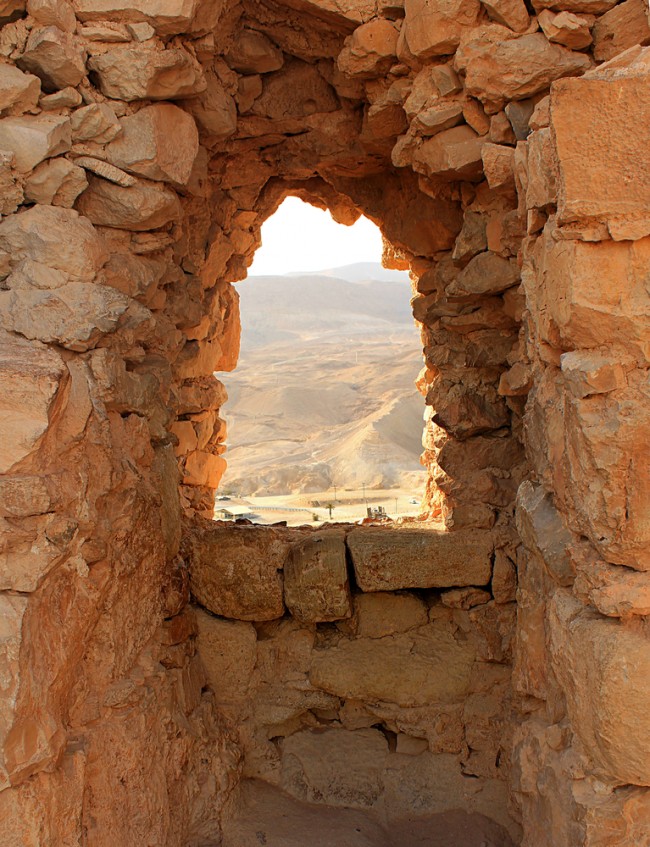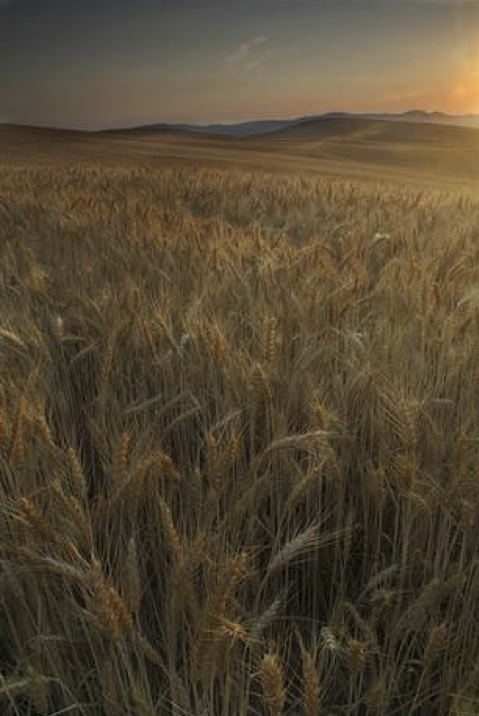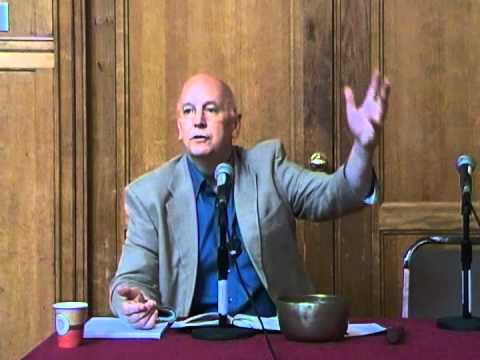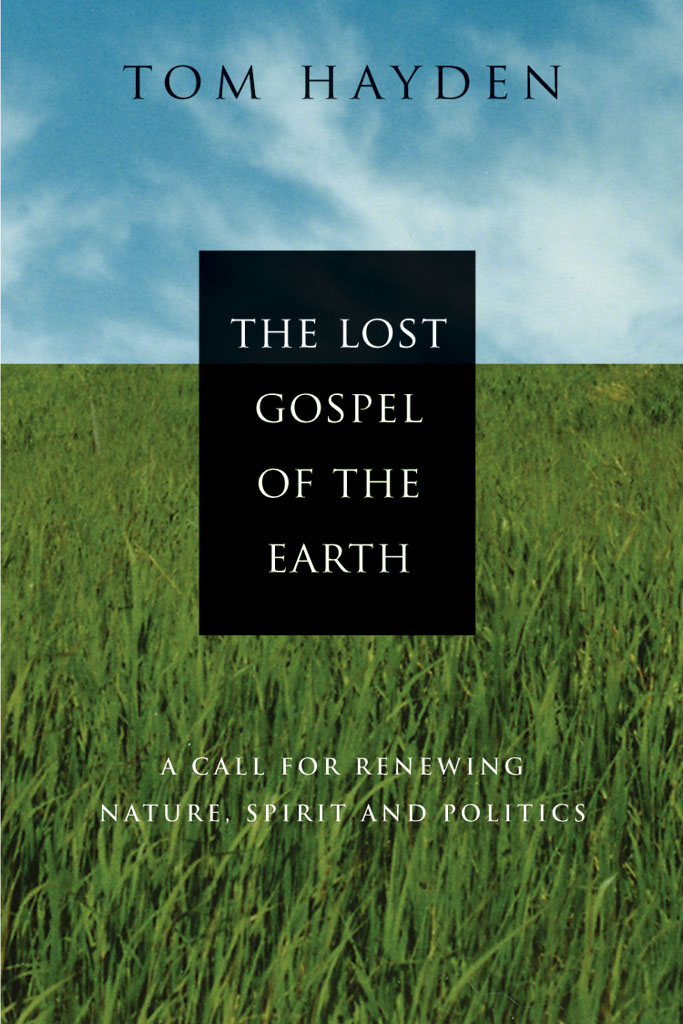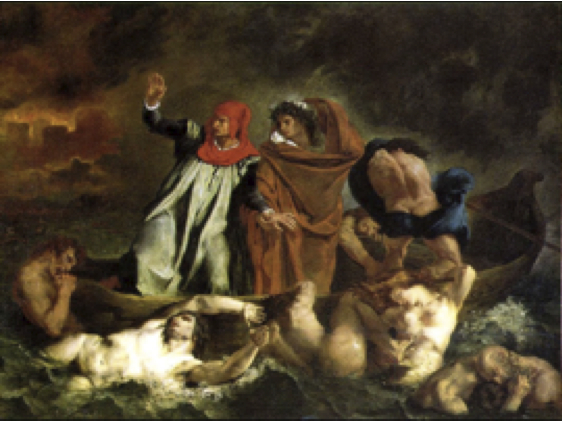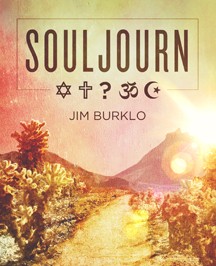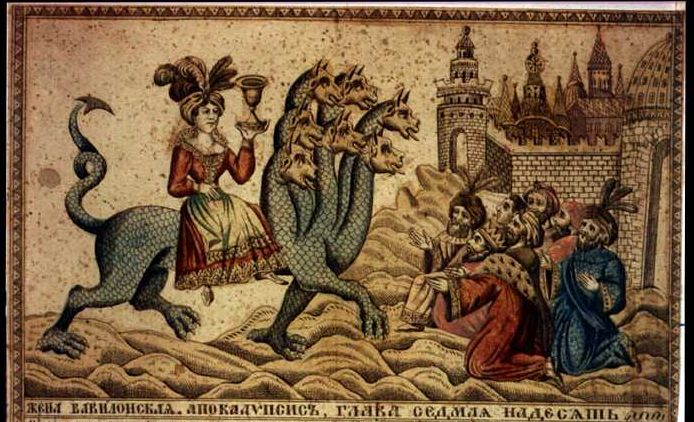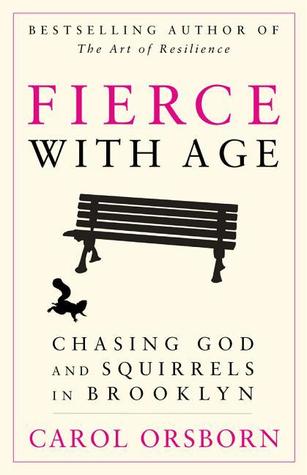The Apostle's Creed was brought in with the Roman bible. But not too many people became believers. The Emperor Wu Zong of Tang Dynasty in 845 AD preferred Buddhism and made all other religions as forbidden.
It’s fair to say that two points of view concerning the life and death of Jesus developed early within Christianity. One was carried by the Christian West and is still prominent in the West today. The other was carried by the Christian East and may not be as well known to a lot of Western Christians.
*** This page has moved - please click here to Order Hard Copy and DVD. To see all Purchase Options Please Click Here.
In A Joyful Path, Year Two, we focused on some of the main tenets of Progressive Christianity and Spirituality, giving our children the foundation they need to understand the basics of this path, to clarify their own personal beliefs and be able to discuss those with others, while at the same time showing what it means to walk the path of Jesus in today’s world.
In A Joyful Path, Year Two, we focused on some of the main tenets of Progressive Christianity and Spirituality, giving our children the foundation they need to understand the basics of this path, to clarify their own personal beliefs and be able to discuss those with others, while at the same time showing what it means to walk the path of Jesus in today’s world.
In A Joyful Path, Year Two, we focused on some of the main tenets of Progressive Christianity and Spirituality, giving our children the foundation they need to understand the basics of this path, to clarify their own personal beliefs and be able to discuss those with others, while at the same time showing what it means to walk the path of Jesus in today’s world.
For both Classroom and Home Schooling
Are you searching for a way to connect children with an authentic spiritual experience that is inter-spiritual, creative and multi-layered? A Joyful Path is truly progressive Christian curriculum that is inclusive, joy-full, compassionate, and intelligent.
In A Joyful Path, Year Two, we focus on some of the main tenets of Progressive Christianity and Spirituality, giving our children the foundation they need to walk the path of Jesus in today's world. It has stories and affirmations written to help children clarify their own personal beliefs while staying open to the wisdom of other traditions.
We are often asked by readers for a reading list for those who want to learn more about Progressive Christianity. Below are some suggestions to get you started:
The contemporary classic the New York Times Book Review called “a thought-provoking [and] perceptive guide,” Who Wrote the Bible? by Richard E. Friedman is a fascinating, intellectual, yet highly readable analysis and investigation into the authorship of the Old Testament.
An inclusive and pioneering exploration of Theology, Spirituality and Current Events
With thousands of subscribers around the globe, Progressing Spirit is the world’s leading outlet for an intelligent, inclusive, and pioneering exploration of today’s theological, spiritual, and social advancements.
Kissing Fish presents a postmodern systematic theology of Progressive Christianity, a growing movement that reclaims the radical message of the Gospel.
This behavior-over-belief curriculum connects children with their own inner wisdom. It teaches interdependence, self awareness, respect for nature, stillness, forgiveness, prayer, meditation, and integrity. Using the Bible and other wisdom stories, A Joyful Path helps children learn how to follow the path of Jesus, other teachers, and real life heroes in today’s world.
The three major western religions, Judaism, Islam and Christianity, teach that time is linear but goes on for eternity. Many eastern religions tend to view time in repeating circular patterns. Both are guilty of undermining the message of environmental scientists who are telling us that we are simply running out of time. We have no reason to be certain that we will have an infinite number of chances to try again or that God will enter history and take us all away from a dying planet. The savior we are looking for is staring back at us from the bathroom mirror.
An Open-Ended “Creed” for a Progressive Christian
I have often said so-called “progressive Christianity” is a notion forever in search of its own elusive definition; and that’s as good a way of explaining it as we may be able to find. We live in a post-modern world that considers the age of Enlightenment to be a post-facto reality. As such, “progressive” thinking in an age of Reason has pushed the boundaries of nearly every facet of life, except one: those ‘traditional’ or ‘orthodox’ beliefs, based on certain creeds, doctrines and dogma that still dominate what it presumably means to be “Christian.” It hardly needs to be said that it is also why so many one-time believers have outgrown their one-time faith. Calling them merely “lapsed” is misleading. So much has elapsed in the world we have all come to know and take for granted, that the once-dominant Church -- -- despite all its denominational varieties -- has fast become a post-modern relic. Yet any critical examination of how Christian scriptures developed and how the history of the tradition evolved will quickly demonstrate how it has always been in a constant state of flux. Or, if you like, “progression.” It was only when it stopped and got stuck that we traded in the tent for a temple, and snuffed the life out of a movement that is progressive by its very nature. What then would constitute an honest statement of belief for at least this "progressive Christian?"
Many Christians today are increasingly unsure about how to “take” the Bible. To borrow from the childhood game “Mother, May I?” I’d suggest we take two giant steps back. We need to move ourselves back to challenge two assumptions that block our comfort with the Holy Bible.
But what our guide told us next has stayed in my memory for the almost twenty years since my visit. With a shrug of his shoulders he explained, “Well, we need a site. An important event—we need to have a site. Do we know exactly where it happened? No. But we must have a site so that we can remember.”
5 Books are covered in this progressive christian books study guide
A Commentary for Thanksgiving in an Age of Anxiety
American retailers have essentially pre-announced that the annual Thanksgiving observance -- when we presumably pause to gratefully remember everything we have -- has been cancelled so bargain shoppers can get an even earlier jump-start on their holiday shopping for all the things we don’t have yet. Meanwhile, halfway around the world a typhoon of record proportion hit landfall only a few weeks ago; nearly wiping an island nation off the face of the earth, and leaving those who survived with virtually nothing. Then last week an unseasonable swarm of twisters flattened whole towns across the Midwest. By comparison, it all makes the plight of those first pilgrims facing the harsh realities of their first Thanksgiving in a brave new world look like a walk in the park. And, all the while, the airwaves and media have been filled with docu-dramas and documentaries commemorating the half-century mark of those events that shattered an age of relative innocence for those of us old enough to remember it; ushering in an age of extraordinary upheaval and anxiety, starting with what social critics and historians alike attribute to the assassination of JFK. Juxtaposed and taken together, these events represent a seeming un-reality that hasn’t really abated much in the last fifty years. We live in an age of anxiety. Jesus masterfully taught in the philosophical tradition known as Jewish cynicism, with such parabolic tales and quaint-sounding imagery as the “lilies of the field.” And he did so at a time and age that – while seemingly ancient to our modern way of thinking – may not have been all that different from our own anxious age. Consider then our fretful, misbegotten ways, and the wild lilies of the fields.
Francis Macnab has been teaching the place of Faith in psychology and theology, in health and growth for decades. He claims that the churches have lost vast numbers of people because their Old Faith has lost empathy and relevance in the 21st Century. He advocates the need for a New Faith.
THE DAY OF DIALOGUE BETWEEN DR ALAN WALLACE AND LAURENCE FREEMAN OSB EXPLORED THE THEME "SALVATION OR ENLIGHTENMENT'
A Call for Renewing Nature, Spirit and Politics
More timely and necessary than ever in the wake of recent calamities like Hurricane Katrina and the Republican war against the environment, The Lost Gospel of the Earth is legendary activist Tom Hayden’s eco-spiritual call for revamping traditional religious doctrine to reflect a greater environmental consciousness, which he believes is the only way to save the planet from catastrophe.
It has been both an emotional and a political roller-coaster. The television newscasters and the print media informed us that a political debate was underway as to whether or not the armed might of this country should be used to punish the Syrian government for violating the universal condemnation against chemical warfare that has governed the world since the horror of gas in the trenches in World War I. Pictures were released of small children, who had been the victims of sarin gas. The pictures were chilling. I enquired of a medical expert about the effects of sarin gas on the human body. He shuddered even to talk about it. His sentences were short and declarative. “It is deadly.” “There is no protection.” “Suffering is intense.” “Death is inevitable.” For almost one hundred years, despite brutal wars, both worldwide and local, with weapon enhancements like atomic power and cruise missiles, the prohibition against chemical warfare has still been generally adhered to by the nations of the world until this moment. Now the Syrian government has breeched this taboo, in an action widely believed to have been ordered by its president, Bashar al-Assad. I did not disagree with the official statement of facts and yet the debate itself struck me as deeply irrational.
Our nation is currently embroiled in a contentious debate over the Syrian regimeʼs alleged use of chemical weapons, and what should be the appropriate response by the U.S. and the international community. Public opinion polls comprising an odd coalition of liberal peace-nicks, a war weary citizenry and political antagonists who oppose in knee-jerk fashion most all of the Presidentʼs proposals, all suggest strong opposition to our countryʼs military involvement of any kind in yet another Middle East conflict. Regardless, the underlying question and dilemma remains. Is there a moral imperative to act? If so, how? What is the justification for a violent response to a deplorable, unjust and violent act?
When it comes to authentic spiritual growth, one of the most common questions I receive from readers is about prayer. Does it work?
These are Study and Discussion Questions that can be used with SOULJOURN, By Jim Burklo Find the book here Have you ever had
Who Is the Whore of Babylon?
A typical interpretation when reading the Book of Revelation is John’s attempt to answer the interminable question: How exactly will God, once and for all, set things right? When will the “sorrow and weeping be no more,” and the “tear wiped from every eye?” After reinterpreting over and over again the imminent end that has been repeatedly put on indefinite hold, it merely begs the question, why the postponement? When Revelation is instead understood to be political commentary spun in the form of a fantastic allegorical tale that can be reinterpreted and applied again and again, the question in each succeeding era has more to do with asking the question: Who is the Whore of Babylon, and all she represents? How can we be so easily seduced? And have the words and life of the Galilean sage been lost, even from the time John had his nightmarish vision to our own succumbing today? Read more.
In her breakthrough generational memoir, Boomer expert Carol Orsborn relates the ups and downs of a tumultuous year spent facing, busting, and ultimately
The battle for growth is not just conceptual or “spiritual.” It is also practical – monetary, social, interpersonal, etc. “Culture wars” and the growth boundaries they often represent, are not separate from practical issues like making a living and social relationships but are intertwined with them. It is similar with religious and other belief systems.
Second, both Albert's sought a grand theory. Einstein, a "theory of everything" or the "unified field theory" of physics; Schweitzer the common, most basic ethic for all cultures and humanity. He felt he had discovered it while pondering and traveling (at the key point of insight, on a river amid a herd of hippopotamuses at sunset. One is again reminded of Einstein's insights sometimes coming amid his imaginary "thought experiments"). The by-then double-doctor (PhD, MD), Schweitzer, reports he had been pondering and writing notes, "....struggling to find the elementary and universal concept of the ethical that I had not discovered in any philosophy..." Then, quite suddenly, "... there flashed upon my mind, unforeseen and unsought, the phrase : “Ehrfurcht vor dem Leben” [“Reverence for Life”]. The iron door had yielded. The path in the thicket had become visible.”

